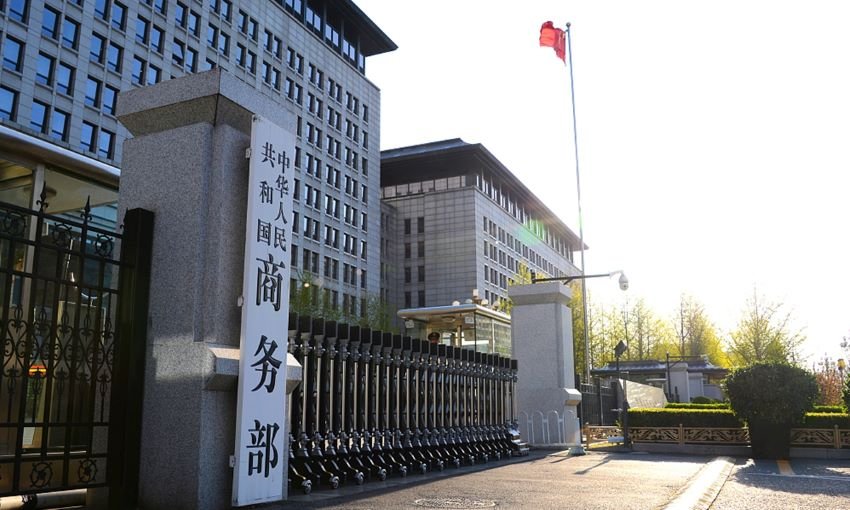Beijing (TDI): China’s Ministry of Commerce (MOFCOM) has defended its recent decision to impose export control measures on certain rare earth materials, describing the step as a lawful and responsible move to strengthen oversight amid growing global instability.
Responding to media questions, a MOFCOM spokesperson said the export controls, jointly announced with the General Administration of Customs on October 9, are part of efforts to refine China’s export management system and fulfill international non-proliferation commitments.
“These are legitimate measures taken in accordance with laws and regulations,” the spokesperson said. “In a world of turmoil and frequent military conflicts, medium and heavy rare earths have significant military uses. As a responsible major country, China implements export controls to safeguard world peace and regional stability.”
The ministry emphasized that the restrictions are not export bans and that qualified exporters can still obtain licenses for legitimate transactions. Beijing had informed relevant countries in advance through bilateral export control dialogues, it added.
Read More: US House Delegation Hints at Big Boeing Deal During China Visit
Addressing follow-up questions on implementation, the spokesperson said China had conducted comprehensive assessments of the potential effects of the measures on industrial and supply chains, concluding that the overall impact would be minimal.
The official noted that the government would continue to process export license applications according to law and consider “facilitation measures” such as general licenses or exemptions for compliant civilian uses.
“All legitimate and compliant exports for civil use will be approved,” the spokesperson said. “There is no need for companies to worry.”
The remarks came after Washington announced a 100% tariff on Chinese goods and new export controls on software, citing Beijing’s rare earth policy. MOFCOM criticized the US response as an example of “textbook double standards,” accusing Washington of abusing the concept of national security to contain China.
“For a long time, the US has overstretched national security and abused export controls,” the spokesperson said. “The US Commerce Control List covers over 3,000 items, while China’s only covers about 900. The US has imposed rules that severely damage the rights of companies and disrupt global industrial and supply chains.”
The ministry pointed out that since the China-US economic and trade talks in Madrid last month, Washington had introduced multiple new restrictive measures, including adding Chinese firms to the Entity List and expanding its so-called “Affiliates Rule.”
“These actions have harmed China’s interests and undermined the atmosphere of bilateral consultations,” the spokesperson said. “Willful threats of high tariffs are not the right way to engage with China. We do not want a trade war, but we are not afraid of one.”
Read More: Rare US House Members’ China Visit After Trump-Xi Phone Call
China urged the US to correct its “wrong practices” and adhere to understandings reached during recent calls between the two heads of state, emphasizing dialogue and equality as the path to stable economic relations.
Separately, Beijing also criticized Washington’s decision to impose new port fees on Chinese vessels beginning October 14 under Section 301 measures related to the maritime and shipbuilding sectors.
MOFCOM said the US move violated WTO rules and the spirit of the China-US Maritime Transport Agreement, describing it as “a typical act of unilateralism.”
“Despite China’s repeated objections and constructive proposals, the US has pressed ahead with these measures,” the ministry said. “In response, China has no choice but to implement countermeasures, including special port fees on US-linked vessels.”
According to the statement, China’s counteraction aims to protect the “legitimate rights and interests” of its industries and maintain fair competition in global shipping and shipbuilding markets.
“We urge the US to face up to its mistakes and return to the track of dialogue and consultation,” the spokesperson concluded.



